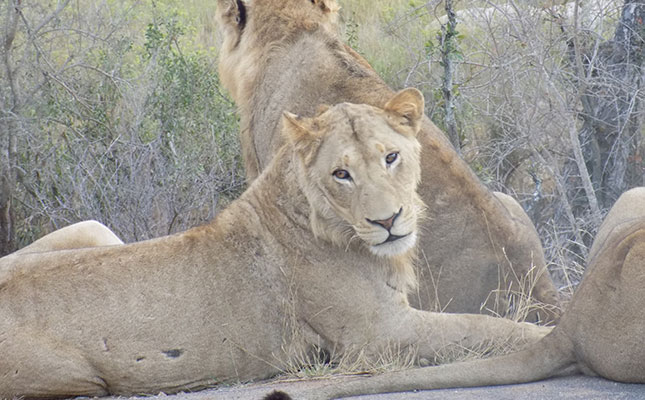
The OCCRP is an investigative reporting platform for a global network of independent media centres.
Bones and other parts of the animals were being exported, likely for use in traditional medicine, as well as in “luxury goods”, according to a statement by animal welfare organisation FOUR PAWS.
“This clandestine trade benefits the entire value chain, from the breeding facilities to the criminals who profit. The OCCRP analysed export records from South Africa’s largest airport [OR Tambo International Airport] and found that nearly half the lion bones shipped abroad between 2016 and 2019 were sold to [traders in] Laos.
“It seems that most of these bones were bought by shell companies connected to one of the world’s most notorious wildlife trafficking groups, the Laos-based Xaysavang Network,” according to Fiona Miles, director of FOUR PAWS in South Africa.
In the report, author Khadija Sharife referred to the 2019 South African High Court ruling against the allocation of quotas by the South African government to export lion bones, which found that it was unconstitutional as it did not take the lions’ welfare into account.
Since then, government had stopped issuing export quotas, effectively placing a moratorium on the bone and body part trade.
Miles added that there was, however, ample proof that the legal, captive-lion breeding industry in South Africa continued to trade on lion bones, despite the moratorium.
“Between 2014 and 2019, five companies accounted for almost all the recorded bone exports through the airport, shipping more than 3 500 skeletons. The report says more than 1 000 skeletons were shipped in 2017 alone, well above the government’s quota of 800 per annum,” she said.
Meanwhile, Reinet Meyer, a chief inspector at the Society for the Prevention of Cruelty to Animals (SPCA) and the society’s branch manager in Bloemfontein, said lion body parts, including claws, whiskers and teeth, had become a status symbol in Southeast Asia, and were used in jewellery or for decorative purposes.
The spike in the demand for lion bones followed the 1993 decision by the Chinese government to prohibit all domestic trade in tiger bones in an effort to conserve the species.
He added that lion bones were also used for medicinal purposes and as an aphrodisiac in the Far East.











